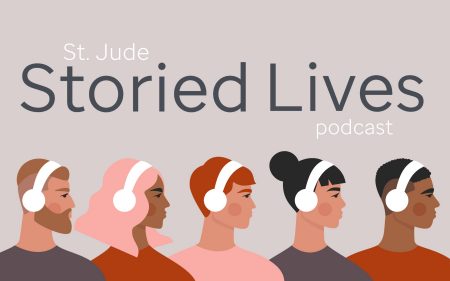
When a simple 'thank you' isn't enough, send food
As much as they require masks and other personal protective equipment to do their jobs, the medical personnel toiling on the front lines of the COVID-19 pandemic have other, even more basic needs: the need to be fed.
As much as they require masks and other personal protective equipment to do their jobs, the medical personnel toiling on the front lines of the COVID-19 pandemic have other, even more basic needs.
Like the need to be fed.
Recognizing that doctors and nurses working long, stressful shifts often don’t have time to eat, or have no food options available during night hours, networks of volunteers and charitable groups across the U.S. have swung into action delivering free meals to them.
One of the largest initiatives is a network called Frontline Foods, which has raised $1.1 million in donations to pay for at least 20,000 meals delivered to healthcare workers in 33 cities. The group’s grassroots volunteers work with local restaurants to provide the meals, thereby helping another industry ravaged by the pandemic.
In San Francisco, where some of the finest restaurants have joined the effort, healthcare workers have been treated to meals as sumptuous as duck confit, topped off with desserts like sea-salt caramel bread pudding.
In suburban Memphis, a ride-share driver was inspired to begin delivering burgers and other meals for healthcare workers after picking up a nurse who asked to be driven to a fast food restaurant on the way home from a hospital shift because she was hungry.
DISCOVER
-
St. Jude Storied Lives Podcast
St. Jude Storied Lives brings you intimate conversations with the patients and families of St. Jude Children’s Research Hospital. It’s hosted by Joel Alsup. He was diagnosed with osteosarcoma, a type of bone cancer, when he was 7 years old.
-
Connections Podcast
St. Jude Connections Podcast
St. Jude Connections brings together folks who have a link to St. Jude, but may not otherwise be connected. Many are supporters. Some are patients and families, doctors and researchers. Every one of them has a unique story to tell.
-
Artists and animals at the Memphis Zoo
The Memphis Zoo is highlighting the stories of St. Jude families by pairing lively patient and sibling artworks featuring some of the animals in zoo exhibitions.





